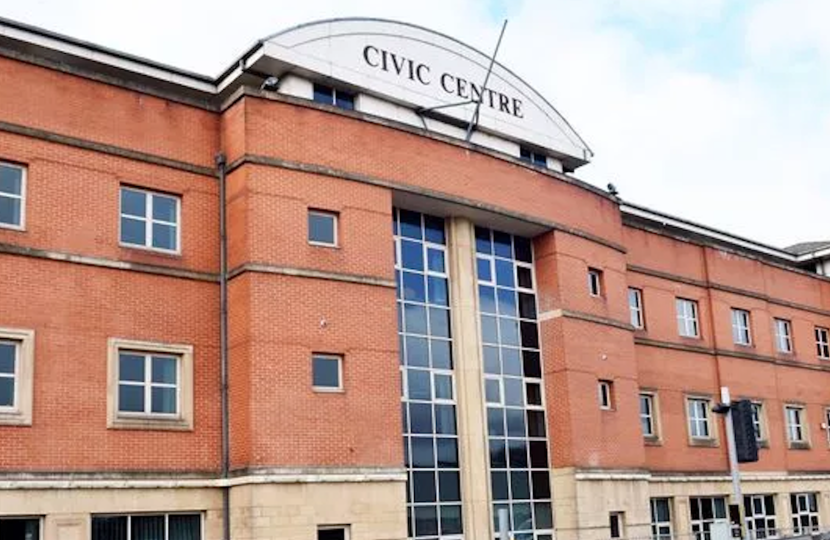
This year is an important year for our city. On 5th June we will celebrate 100 years since we were granted city status by George V. The first application by the six towns of the potteries to become a city, in 1910, had been refused by the government. Following a direct appeal by the Federation’s leaders to the King, the King announced city status on his visit on 5th June in 1925. They’ll be a range of events and activities to celebrate our centenary this year. You can find out more by visiting: sot100.org.uk
The six towns, united by a common industry, became a city. Meanwhile, local opposition ensured that Newcastle and the villages in the Moorlands were not included and attempts to do so in the 1930s were thwarted. Newcastle celebrated its 850th anniversary of becoming a borough in 2023. Yet, all this will now change as the Labour government plans the biggest shake-up of local government since 1972.
In fact, in 1972, there was a great debate as the County Borough of Stoke-on-Trent became a ‘lower-tier’ council, with several strategic services (education, transport, health) going to the County Council. Local government changed again in 1997 when the city council became a unitary council. It became responsible for everything from grass-cutting to social care.
Despite these upheavals during the last century, Stoke-on-Trent retained local governance in one form or another. However, this will no longer be the case. Local government reorganisation is the stuff of political nerds: maps, boundaries, political negotiations, provincial loyalties and the division, or consolidation, of power.
Yet, it will impact everyone as the doorstep issues of bins, roads, housing, and grass cutting will be the responsibility of a different organisation from the one we’ve been used to. Labour made this clear in their devolution white paper presented at the end of last year. Lower-tier authorities will go. After 850 years of local government, Newcastle will be governed from a different place — as will Stafford, Leek, Cannock, Tamworth, Burton, Codsall and Lichfield. Unitary councils will replace District and County councils.
Yet Stoke-on-Trent City Council, a unitary council, is also expected to go. Labour has stated that unitary councils in financial distress, whose boundaries are too small to grow out of it (such as with the city), will be merged and taken over. As we celebrate 100 years of city status this year, the political discussions will be over what takes place for the next century.
Is a North Staffordshire Unitary Council to be expected? Taking in the city, the borough and the Moorlands? Or will it be a whole Unitary Council for Staffordshire? Encompassing everything from Tunstall to Tamworth, Lichfield to Longton.
The next city council elections in 2027 may not even occur, as we merge into a great authority around us. Historical grievances and divisions will not matter as the Labour government pressure local councils to create deals and new councils up and down the land. That is before we even start the debate over mayoral devolution. Mayoral devolution is separate from local government reorganisation. Mayoral areas will cover a population of 1.5 million people. The only credible way to achieve that number in our area is for Staffordshire and Shropshire to have a mayor.
Local government reorganisation may be boring political anorak stuff to many. But it is essential to pay attention. Local democracy is precious. The city’s leaders knew this 100 years ago when we became a city. Let’s hope we don’t end up with a fudged deal that doesn’t work for anyone, but a plan that delivers for the next 100 years.





